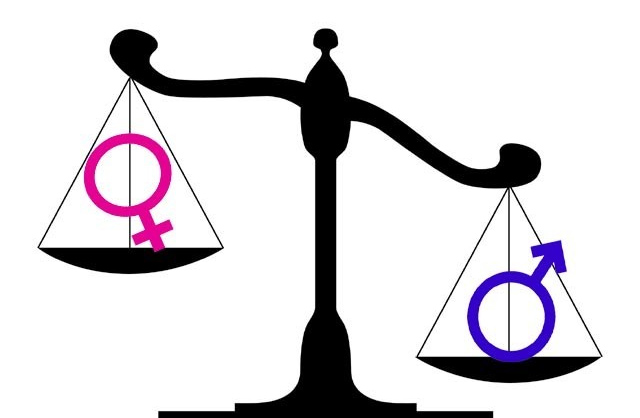Gender discrimination in the Law on Labour Relations

At the end of the month of July, right before its collective annual leave, the Assembly of the Republic of Macedonia adopted discriminatory provisions in the Law on Labour Relations. Namely, starting from August 2014, the workers, by means of written statement, may require an extension of the employment contract until up to 67 years of age (for men), i.e. 65 years of age (for women). According to the changes, the voluntary written statement shall be submitted once per year (upon obtaining 62 years of service for women, i.e. 64 years of service for men), and upon its receipt the employer is bound to extend the employment contract. The Network for Protection against Discrimination reminds the legislative body that according to the Constitution, the Law on Equal Opportunities for Men and Women, and the Law on Prevention and Protection against Discrimination that the citizens are equal in their rights and liberties regardless of their sex and that everyone has the right to employment and choice of employment. Sex-based discrimination is banned in the public and private sector, in the areas of employment and labour and social security as well as any other direct or indirect sex-based discrimination.
It is with particular regret that we have come to conclude that the Assembly of RM, at the order of the executive authority, without due public debate, no consultations with the involved parties and without taking into consideration the practice of the Constitutional Court, adopted a legal solution containing a provision which constitutes direct discrimination. Such provisions are extremely rare even in countries with authoritarian regimes and are contrary to the European standards regulating this issue. In its essence, this step means abandoning the gender equality that existed prior to the adopted changes in the part of exercising the right to work (i.e. both women and men to be able to require extension of the years of service from the employer up to 65 years of age. The Constitutional Court of RM in 2005 [1] nullified sex-based discriminatory provisions in the Law on Labour Relations with regards to this issue). According to the Constitutional Court, unequal treatment on the basis of sex occurs whenever “the conditions to exercise the right to retirement, stipulated in a separate law, are different for men and women”. According to the Constitutional Court, the women’s right to retire earlier than men as a principle of affirmative action is undisputable, yet not when it comes to “exercising the right to work which differs from exercising the right to an age pension”. [2]
We would also like to stress that in 27 out of 28 member-countries of the European Union, the retirement age of men and women has already been made equal or legal acts have been enforced through which full equality shall be gradually provided in oncoming years. This discriminatory solution will additionally deepen the inequality gap between men and women, in light of the fact that women get to have less years of service, which would result in lower pension income. The government continues to put special emphasis on the stereotypical perception of women as mothers and care-takers, thus promoting the already unequal advancement in men’s careers. Moreover, the average lifespan of women in Macedonia is 74,2 years, while that of men is 69,9. This speaks of the fact that women constitute an important element of the workforce in Macedonia and in case they would like to voluntarily extend their working life it would be both beneficial to them and to the state. Due to all listed reasons, the Network for Protection against Discrimination urges the members of parliament, and in particular the members of the Commission for Equal Opportunities of Women and Men and the Club of Female Members of Parliament, to reconsider the latest changes and propose legal amendments towards full equality of men and women.
[1] Decision U.br. 161/2005
[2] Decision U.br. 124/2008



